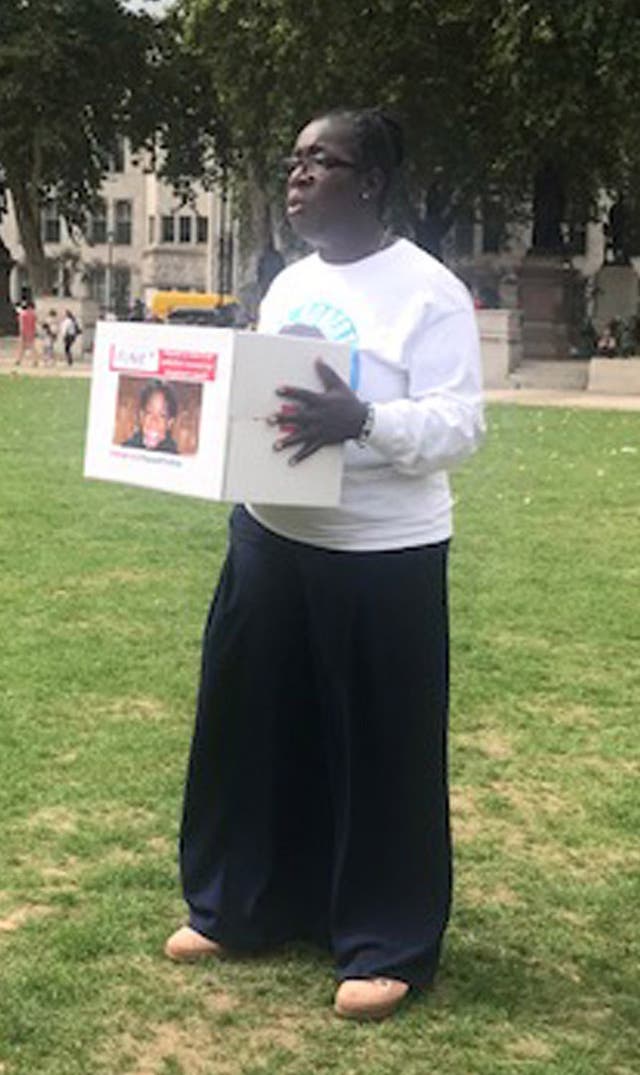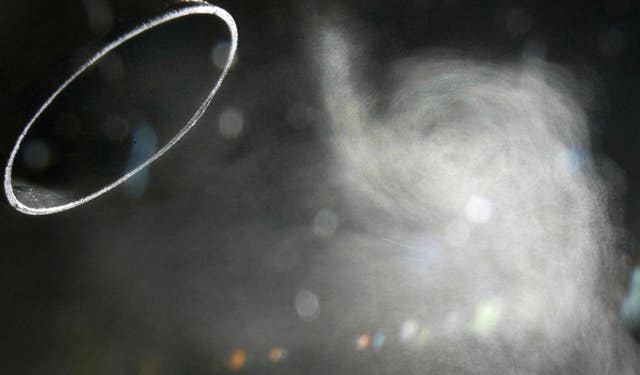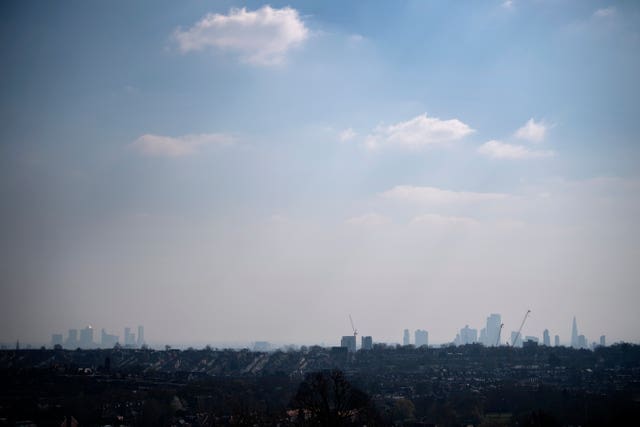A coroner has stressed an upcoming inquest into the death of a young girl who died of a fatal asthma attack will not be a “blame culture” inquiry, as it sets out to explore the Government’s role in addressing issues surrounding air pollution.
Ella Kissi-Debrah died in February 2013 following three years of seizures and 27 visits to hospital for breathing problems.
An inquest in 2014, which focused on the nine-year-old’s medical care and ruled she died of acute respiratory failure as a result of a severe asthma attack, was quashed by High Court judges in light of new evidence regarding air pollution levels.
A 2018 report by Professor Stephen Holgate found air pollution levels at the Catford monitoring station one mile from Ella’s home “consistently” exceeded lawful EU limits over the three years prior to her death.
He is due to give evidence as an expert witness at an upcoming inquest which has been listed under Article 2, the right to life, of the Human Rights Act, which scrutinises the role of public bodies in a person’s death.

At a partially remote review hearing at Southwark Coroner’s Court on Friday, assistant coroner Philip Barlow said there were no disagreements from the interested parties, which include governmental departments, to Article 2 being engaged.
The full inquest, which is currently scheduled to begin on November 30 for 10 days, will consider whether air pollution caused or contributed to Ella’s death and how levels were monitored at the time.
Other issues to be addressed at the inquest include the steps taken to reduce air pollution, and the information provided to the public about the levels, its dangers and ways to reduce exposure.
Interested parties listed at the inquest include Ella’s mother, Rosamund Kissi-Debrah, Transport for London, the Department of Health, the Department for Transport, the Department for Environment, Food & Rural Affairs (Defra), the Mayor of London’s office and Lewisham Council.
Alan Payne, from the Government’s legal department, said a report is being prepared by an expert to be presented at inquest with regards to whether air pollution caused or contributed to Ella’s death, but this has been delayed due to Covid-19.
“Due to the pandemic there have been difficulties in identifying and engaging with potential experts,” he told the hearing by video link, adding an expert has been identified “relatively recently”.

Mr Barlow said he was unsatisfied by this late request for evidence given that the previous review hearing took place in December last year.
He said: “If there is to be more evidence on that point (whether air pollution caused or contributed to Ella’s death) then it needs to be provided very quickly.
“If it isn’t, then it seems to me I would need to consider whether it’s fair to allow that evidence to be produced at inquest.”
Mr Barlow stressed that the inquest was not about “blame culture”, stating: “This is not a public inquiry, it’s a limited investigation.
“An investigation of this kind has very, very important public interest points and these need to be explored.”
Ella lived 25 metres from the South Circular Road in Lewisham, south-east London, one of the capital’s busiest roads.
She may become the first person in the UK for whom air pollution is listed as the cause of death.

Speaking previously about the inquest, Ms Kissi-Debrah, who attended Friday’s hearing virtually, said: “All I can say is we know a lot more now about air pollution.
“We hope it will save future lives.
“It’s not going to bring my daughter back, but I hope it will save future lives.”
In a statement issued after the hearing on Friday, Ms Kissi-Debrah said: “My sincerest hope is that this new inquest will determine, once and for all, the facts around Ella’s death and what the true cause was.
“By identifying the reasons, we can enable a swifter change in attitudes and action so that air pollution and its health risks are tackled properly and the same thing doesn’t happen to other families.”
Jocelyn Cockburn, representing Ms Kissi-Debrah, said her team are still waiting for evidence from the Government relating to the period when Ella was alive, which includes the steps that were or should have been taken to reduce pollution levels and to inform the public about the dangers and how to minimise exposure.
“The inquest will look into the role that air pollution played in Ella’s death, which has huge significance to other children with asthma and more widely to those living in congested urban areas,” she added.




Comments: Our rules
We want our comments to be a lively and valuable part of our community - a place where readers can debate and engage with the most important local issues. The ability to comment on our stories is a privilege, not a right, however, and that privilege may be withdrawn if it is abused or misused.
Please report any comments that break our rules.
Read the rules here